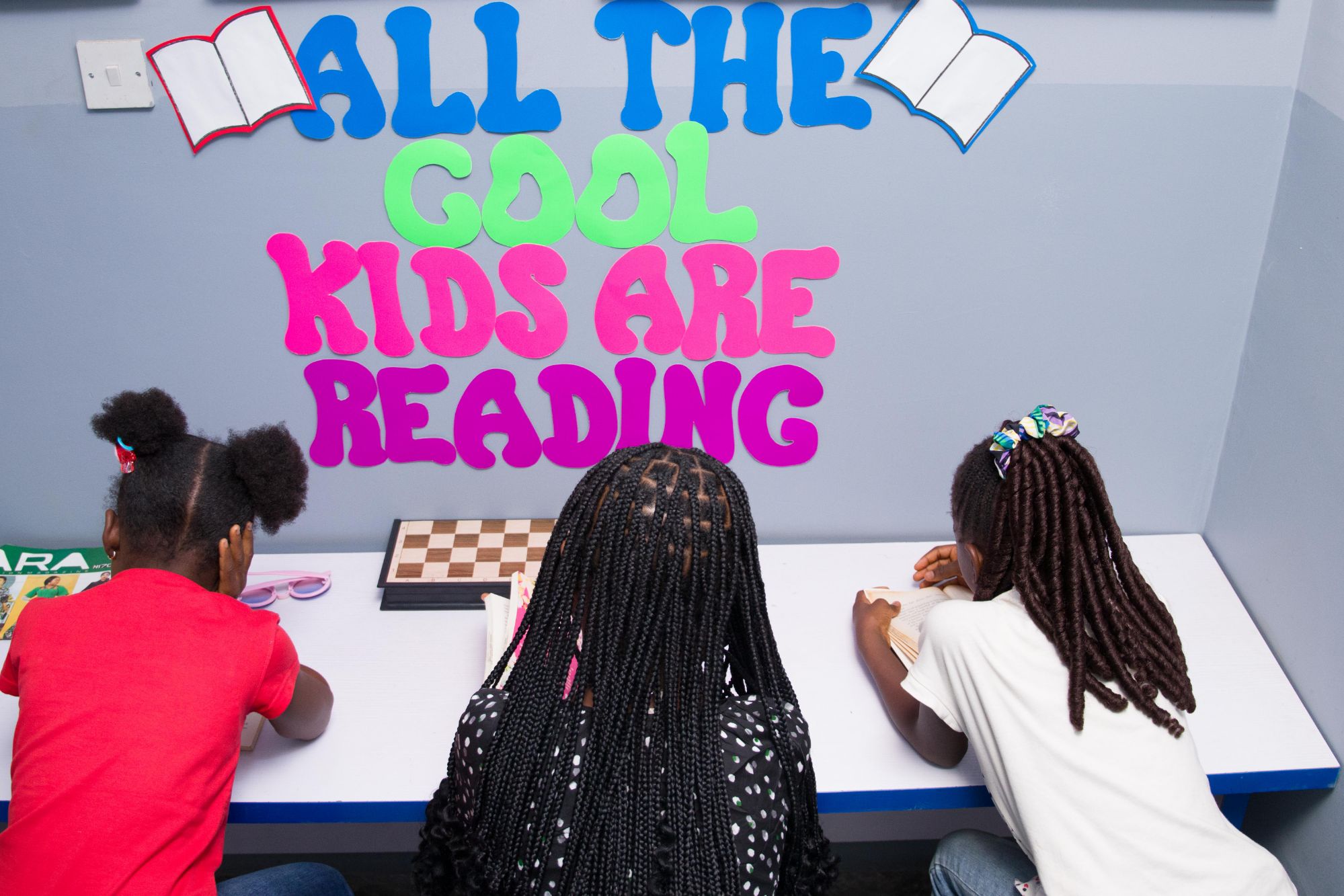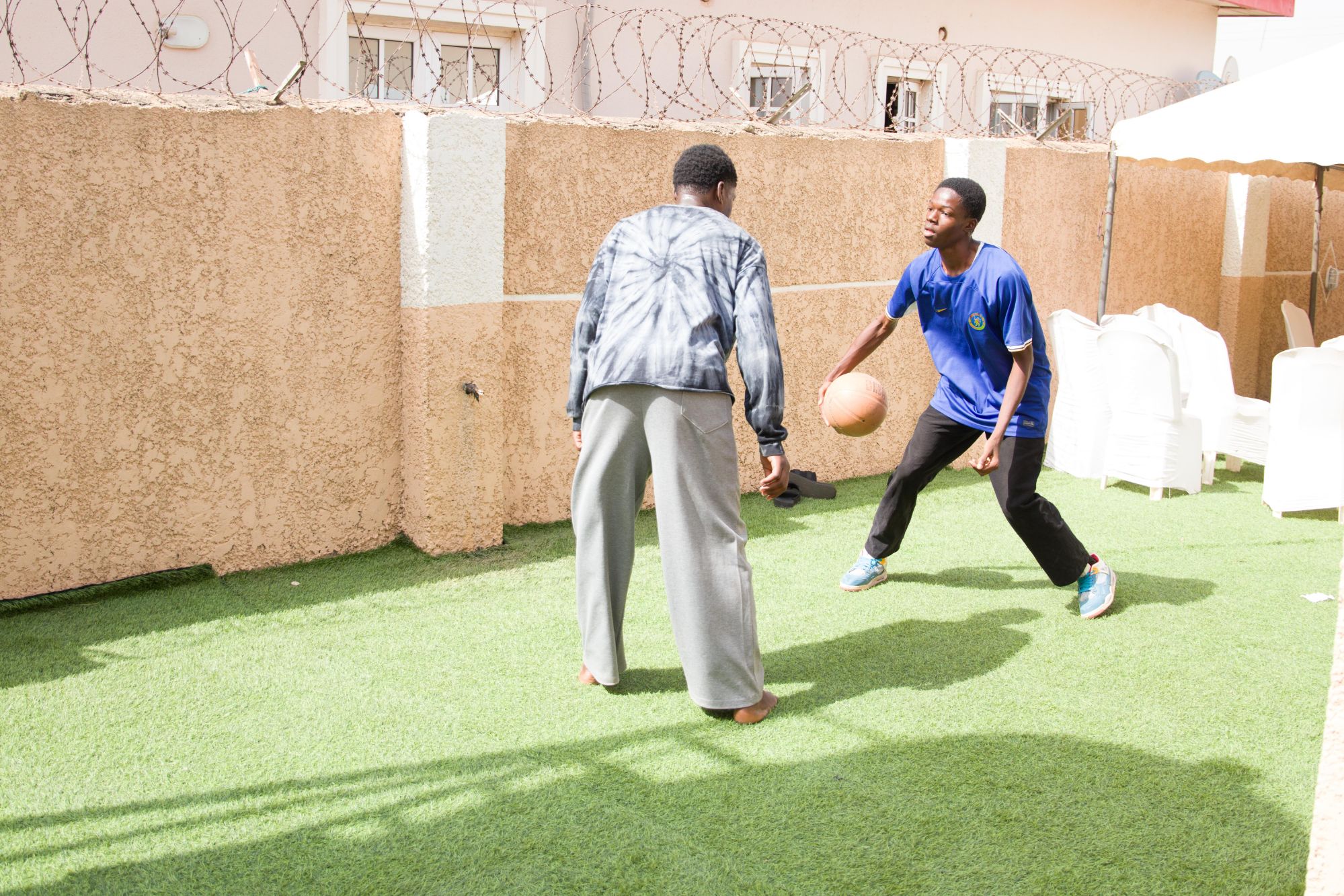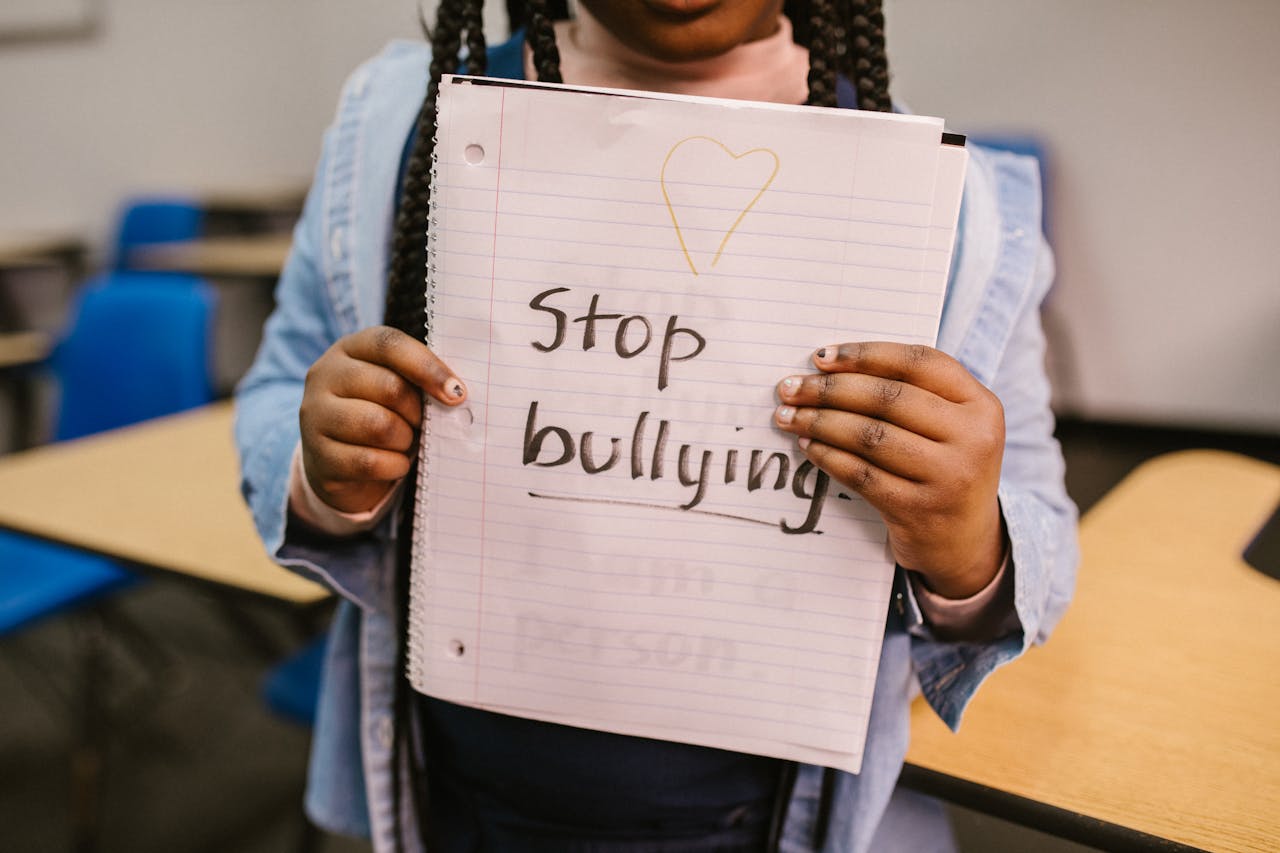Bullying is a serious issue that affects millions of children, teenagers, and even adults worldwide. It can have long-lasting emotional, psychological, and physical effects on victims, leading to low self-esteem, anxiety, depression, and, in some cases, self-harm or suicide. Here at Ziva Children and Teens Foundation, we are committed to creating safe and inclusive communities for children and young people. We believe in raising awareness about the impact of bullying and providing practical strategies to prevent it.

Understanding the Impact of Bullying
Bullying, as we mentioned earlier, can have varying effects on different individuals. These effects usually start to show up after awhile, and they may include:
1. Emotional and Psychological Effects
Victims of bullying often experience anxiety, depression, and feelings of worthlessness. The constant fear and humiliation can lead to social withdrawal and difficulties in forming healthy relationships.
2. Academic and Career Consequences
Students who are bullied may struggle with concentration, which may lead to a decline in their grades and even cause them to want to avoid school altogether if that’s where they’re getting bullied. In workplaces, bullying can reduce productivity, increase stress, and contribute to a toxic environment.

3. Physical Health Effects
Stress from bullying can manifest in headaches, stomach aches, sleep disturbances, and even long-term health problems such as high blood pressure. Bullies can also cause injuries and bodily harm to their victims.
4. Impact on Society
Bullying not only affects individuals but also harms society by fostering aggression, discrimination, and a lack of empathy in communities. It can perpetuate cycles of violence and social exclusion.
How to prevent Bullying
1. Encourage Open Communication for All Genders
Creating a culture where individuals, both males and females feel safe to speak about their experiences is essential. Parents, teachers, and community leaders should encourage children and adults to report bullying without fear of retaliation. We shouldn’t shame men for speaking up about being bullied or harassed, just as much as we shouldn’t shame women.
2. Promote Kindness and Empathy

Education about the importance of kindness and inclusion should start early. Schools and workplaces should implement programs that teach empathy, conflict resolution, and respect for diversity. By teaching people how to be kind to one another, we’ll significantly reduce the chances of them becoming bullies.
3. Establish Strong Anti-Bullying Policies
Schools, workplaces, and online platforms must enforce strict anti-bullying policies, with clear consequences for bullying behavior. Regular training sessions can help reinforce these policies. Punishments for bullies should be put in place to act as a deterrent.
4. Empower Bystanders to Act
Bystanders play a crucial role in stopping bullying. Encouraging them to speak up, report incidents, and support victims can prevent bullying from escalating. If people watch bullies get away with their actions without interfering it would encourage the act to continue and could increase the risk of serious harm on the victims.
5. Monitor Online Behavior

With most interactions taking place online these days, cyberbullying has become a growing concern. Because while in the past it was only necessary to make sure that children are not bullied physically, it is now also important to that they’re also not bullied online. Parents, educators, and employers should educate individuals about responsible online behavior and take action against online harassment.
6. Provide Support for Victims and Bullies
Both victims and perpetrators need help. Counseling services, mentorship programs, and peer support groups can aid victims in healing. Meanwhile, bullies should receive guidance to address the root causes of their behavior.

Conclusion
Bullying is a widespread issue with severe consequences, but it is preventable. By fostering open communication, promoting kindness, enforcing policies, and supporting those affected, we can create a world where everyone feels safe and valued. Let’s work together to build a future free from bullying. A future where every child, teeneger and adult is confident!
If you or someone you know is experiencing bullying, reach out to us. We are here to help.



